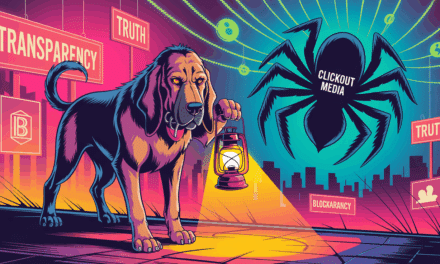India’s burgeoning online gaming and gambling market may be headed for a regulatory overhaul.
The Ministry of Home Affairs (MHA) has initiated discussions regarding the potential need for a comprehensive central law to govern the sector, encompassing online gaming, gambling, betting, and lotteries, according to a high-ranking government official. This move signals a potential shift in oversight, raising questions about the future of the industry and its current regulatory framework.
Top officials, including representatives from the Intelligence Bureau, recently convened at the Home Ministry to address the issue. The MHA’s Indian Cyber Crime Coordination Centre (I4C) has been tasked with compiling a report based on these discussions, analyzing the necessity and scope of new legislation. The rapid expansion of these online activities has prompted the government to prioritize a swift decision upon the report’s completion. A request for comment from the Union Home Ministry regarding this matter, submitted a week prior, remains unanswered.
Currently, the Ministry of Electronics and Information Technology (MeitY) oversees matters related to online gaming. The Information Technology (Intermediary Guidelines and Digital Media Ethics Code) Rules, 2021, operating under the Information Technology Act, 2000, place obligations on intermediaries, including online gaming platforms. Non-compliance can result in the loss of liability exemption for third-party content. However, these existing rules appear insufficient to address the complexities and potential harms associated with this rapidly evolving sector.
Sources indicate that several major players are already under scrutiny from various central agencies for alleged manipulation and defrauding Indian citizens. The government is also considering holding celebrities accountable for promoting illegal gambling activities. With online betting and lotteries largely based on chance rather than skill, the government is likely to implement stricter regulations.
A government communication outlines the potential risks associated with these online gaming and gambling apps, including financial losses, data privacy breaches due to unauthorized access and storage, addiction, suicides, the absence of parental controls and age restrictions, and money laundering through offshore platforms. Concerns also exist around manipulated outcomes, with money often funneled through payment gateways in small sums. The current landscape lacks adequate grievance redressal mechanisms, player protection measures, data and intellectual property rights protection, and safeguards against misleading advertising.
The sharing of personal information in online chats and forums can expose users to scams, while granting access to system files increases the risk of hacking. This regulatory push reflects a growing global concern about the potential societal and economic harms associated with online gambling and gaming. While the market presents lucrative opportunities, governments worldwide are grappling with the challenge of balancing innovation with consumer protection. India’s forthcoming legislation will be closely watched by international stakeholders, potentially setting a precedent for other nations navigating this complex digital landscape. The question remains: will India’s approach stifle innovation or strike the right balance between regulation and growth? The answer will significantly impact the future of the online gaming and gambling industry, not just in India, but potentially globally.
However, this move also raises questions about the potential opportunity cost.
India possesses a demographic and economic landscape ripe for a thriving iGaming market. A massive, youthful population with increasing smartphone penetration and rising disposable incomes presents a lucrative opportunity for the industry. A legalized and well-regulated iGaming sector could generate substantial tax revenue, create jobs, attract foreign investment, and foster technological innovation.
While the government’s concerns about consumer protection and responsible gaming are valid, striking the right balance between regulation and enabling growth will be crucial. Excessive restrictions could stifle innovation and drive users towards unregulated offshore platforms, undermining the potential benefits of a legalized market.
The government’s decision on the new legislation will have far-reaching implications, not just for the iGaming industry in India, but potentially for the global gaming landscape. It remains to be seen whether India will seize the opportunity to harness the economic potential of this burgeoning sector while effectively mitigating its risks.





